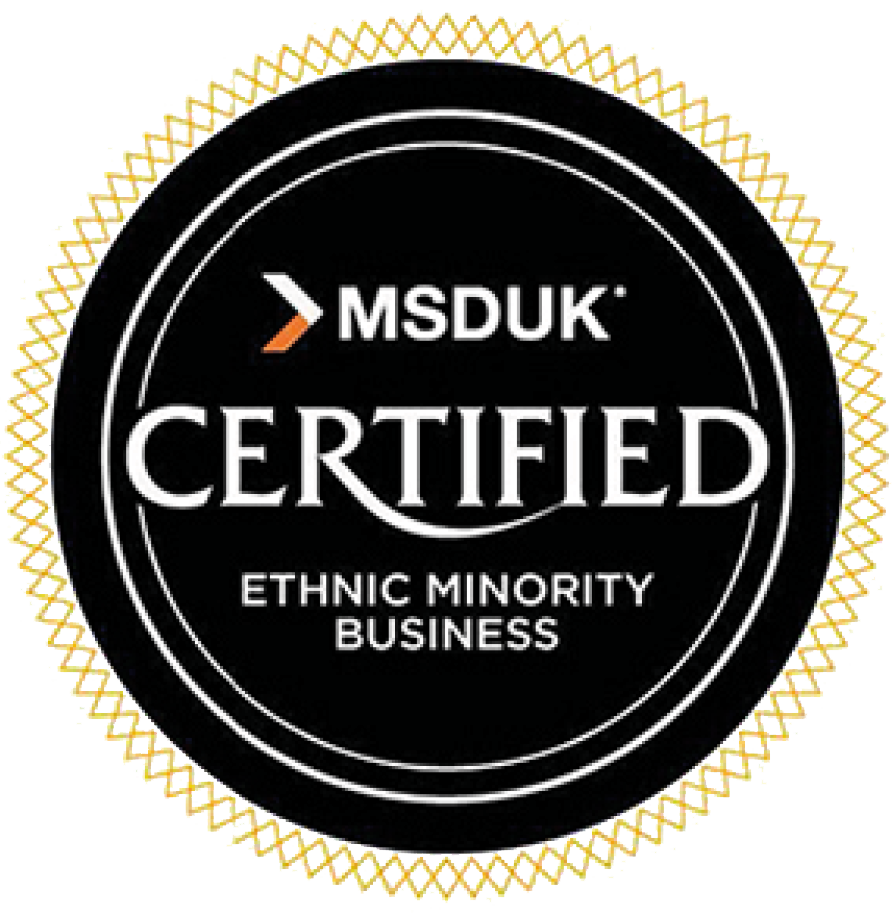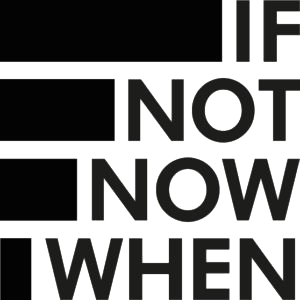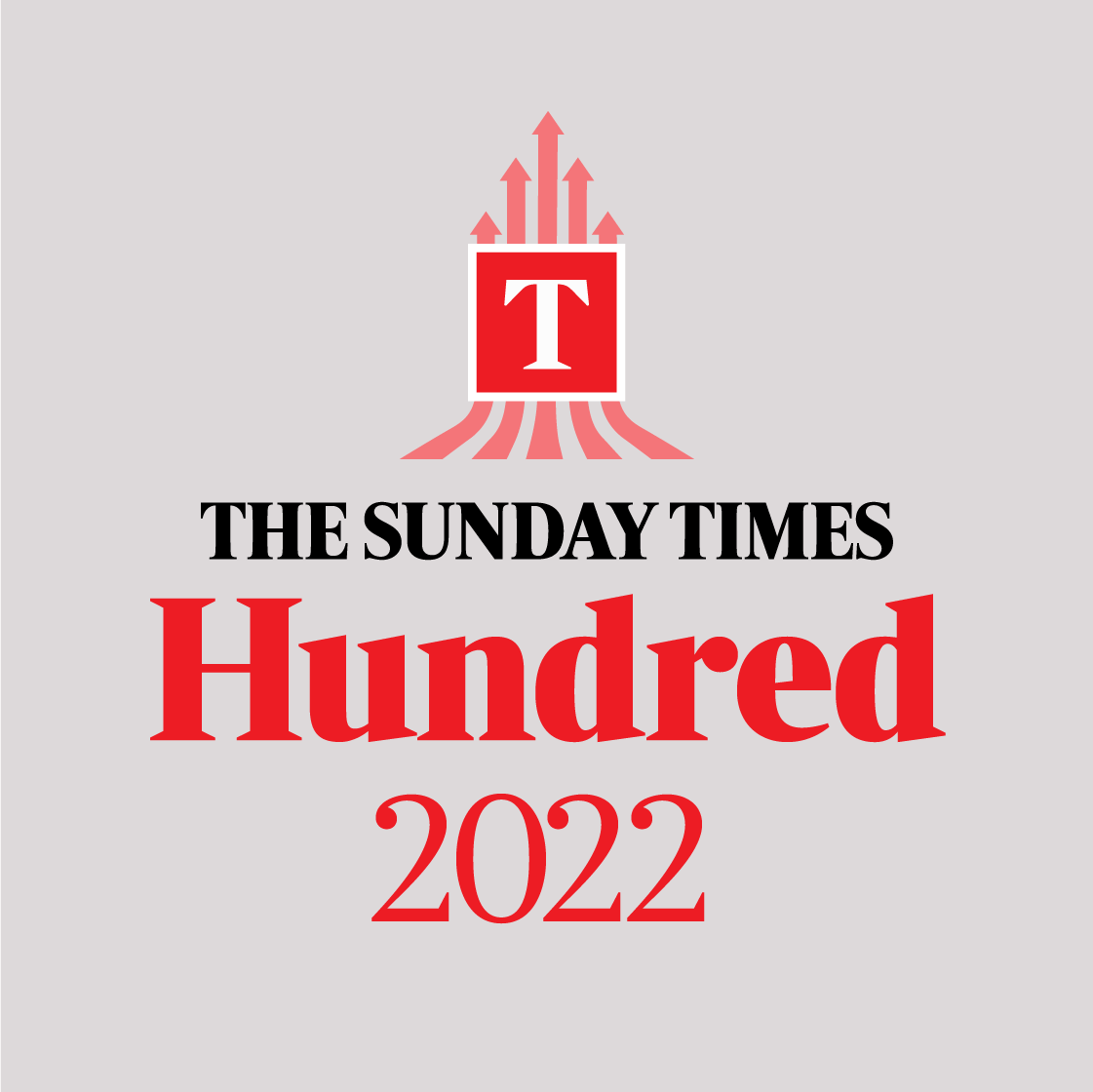How can we open our hearts and our minds and challenge our thinking on what makes an active ally? And how can we better champion inclusion in and out of the workplace? These were the questions at the centre of our Active Allyship event on 23rd May hosted by Irish Life and attended by nearly 60 members from throughout the OUTstanding Ireland network.
On the panel was Bernie O’Connor, Diversity & Inclusion Specialist, ESB; Noel Gavin, Senior Vice President, Global Lead, CIS Learning & Development, Northern Trust; John McNamara, Managing Director, Canada Life International with the event being moderated by Jonathan Weir, Ireland Country Manager, INvolve.
What is Active Allyship?
The session started with an introduction from Jim Dowdall, Managing Director, Irish Life Health, with a timely reminder that ‘doing small things on a regular basis does make a difference’, and this kicked off the panel reflecting on what Active Allyship means to them. Bernie believes it requires a responsibility to educate yourself, challenge not only your own thinking but also other people’s thinking.
Active Allyship asks us to be aware of the work we are doing and to question if it is making a difference. She believes that being an Active Ally requires resources to reference, and clear tools to implement this practice. Pride and wearing the lanyards are very important but it is also about knowing why these symbols are important. She discussed the importance of Executive Sponsor support and how active allies need active allies across the organisation. It was a point supported by Noel who spoke of the importance of Executive sponsorship at Northern Trust. He also supported the idea that it is the true lived experience that makes it real. As Noel puts it – “reality is where the rubber hits the road”. For Noel, Active Allyship is an ongoing daily practice and as a gay man he believes he needs to remain aware that there is also an L, B & T+ and it requires him to be constantly present and open to new ways of understanding. John also reiterated that “Everyone has an onus to educate themselves”. He said that the concept of an ally didn’t exist 10 – 15 years ago and while we do face barriers and perhaps more so as we get older, we must continue to step forward. According to John, “true action equals Active Allyship”; an active ally is someone who responds to situations with actionable awareness, someone who is not seen to judge, is able to put their biases aside, a person that people come to speak to about their personal issues. The whole panel agreed that an empathetic person who shares their personal experiences resonates with everyone.
Innovative approaches to Allyship
As the session progressed, the panel explored and highlighted innovative approaches to allyship that can be replicated and amplified by different organisations. They agreed communicating with each other is key and being an active ally involves starting conversations. Reflecting on this, Noel shared there is always an opportunity to open a conversation and raise a topic in a positive way. As he put it “Everyone has a right to privacy but shouldn’t be forced into secrecy”. He shared that the one thing he has always used is humour to break down barriers. It is learning to embrace the difficult conversations; someone may come and say that the language is clumsy but we shouldn’t stop speaking and being open to listening and learning. Active Allyship also means being able to say “I am not the right person to speak to but do I have your permission to recommend someone else?”.
The panel agreed that policy is important, especially if it is effectively communicated and lived by the business. John shared that Irish Life have done a lot of work highlighting transgender issues. They invited BelongTo to come in-house and share a mixture of training and personal stories and they also attended the BelongTo Rainbow Ball. He shared that allyship is not and cannot be a one-off learning experience – you have to continue to work at it. If people are willing to tell their personal stories, over time culture will change. Bernie shared how the ESB delivered an Ally Awareness Programme in-house with people stepping up and sharing personal stories of inappropriate behaviour – not necessarily just at work – had the greatest impact by challenging people to think. She shared that we can never assume that we have communicated to everyone and that psychological safety is crucial at ESB. The panel also acknowledged that Pride has a lot of marketing power that perhaps other groups outside of, and sometimes even within the LGBT+ community, don’t have.
We finished with panellists thinking about a single piece of advice to bring back to the office and use. Bernie suggested bringing someone with you who wouldn’t normally turn up at an event; at tea breaks try bringing cupcakes and lanyards to start a conversation. John suggested making sure that you feedback what you learned at the event to the right channel (D&I) in your organisation and make clear the imperfections. Noel finished with a few key takeaways: “If it’s not genuine don’t do it!… If you can’t follow through, park it!… and don’t half do it – no mixed messages!”




